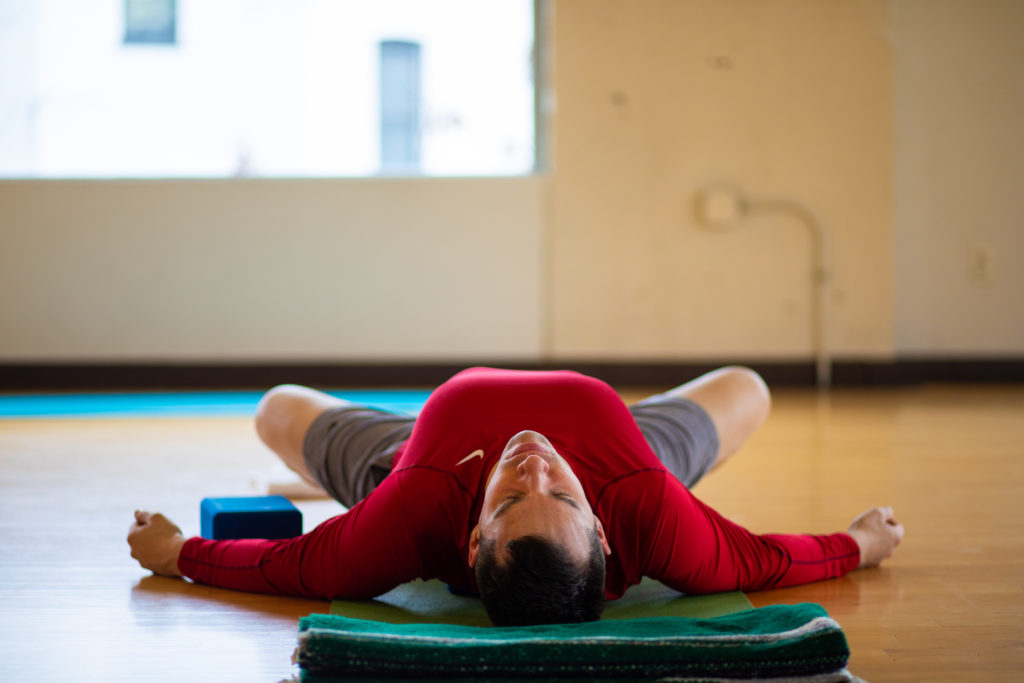In the fast-paced world we live in, finding moments of tranquility can seem like an insurmountable challenge. However, the practice of mindfulness and stress reduction techniques has shown to be a beacon of calm in the chaos.

Mindfulness: Mindfulness is about being present in the moment, aware of our thoughts, feelings, and surroundings without judgment. It can be practiced through meditation but also in everyday activities like eating, walking, or even during work.
Three Tips for Practicing Mindfulness:
- Mindful Mornings:
- Start your day with a 5-minute mindfulness practice. Sit in a comfortable position, close your eyes, and focus on your breathing. As thoughts come, acknowledge them and let them go, returning your focus to your breath. This practice sets a calm tone for the day ahead.
- Mindful Eating:
- Turn mealtime into a mindfulness exercise. Chew slowly, savoring each bite, and pay attention to the flavors, textures, and sensations. This not only enhances the eating experience but also aids in digestion and promotes satiety.
- Mindfulness Breaks During Work:
- Take 2-minute mindfulness breaks during your workday. Step away from your desk, observe your surroundings, and take deep breaths. Notice the sensations in your body, the sounds around you, and the rhythm of your breath. This can help reset your focus and reduce stress.
Stress Reduction Techniques: Techniques like deep breathing, progressive muscle relaxation, and guided imagery are proven to reduce stress levels. Even simple practices like journaling or spending time in nature can have profound effects on lowering stress.
Three Tips for Implementing Stress Reduction Techniques:
- Deep Breathing Exercises:
- Practice deep breathing for 3-5 minutes daily. Inhale deeply through your nose, filling your lungs completely, then exhale slowly through your mouth. This exercise triggers the body’s relaxation response, reducing stress hormones.
- Nature Walks:
- Incorporate short walks in nature into your routine. Whether it’s a park, a trail, or just a tree-lined street, spending time in nature can lower stress levels and improve mood. Aim for at least 15 minutes, and leave your phone behind to fully immerse yourself in the experience.
- Progressive Muscle Relaxation (PMR):
- Before bed or after a workout, practice PMR. Starting from your toes, tense each muscle group for 5 seconds, then release. Work your way up to your head. This not only reduces stress but also helps in muscle recovery, which is particularly beneficial for active gym-goers.
Adopting these practices into our daily routine doesn’t require monumental changes. It can start with just a few minutes a day, gradually building a habit that can lead to long-term benefits for both mental and physical health. Embracing mindfulness and stress reduction is not just about finding moments of peace; it’s about cultivating a lifestyle that allows you to thrive amidst the chaos.



